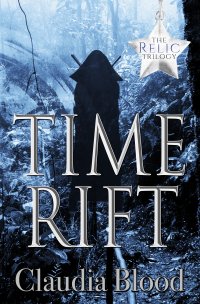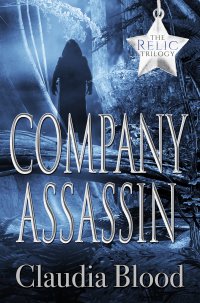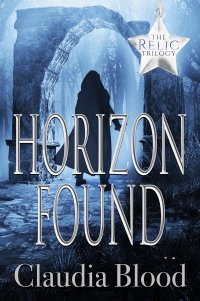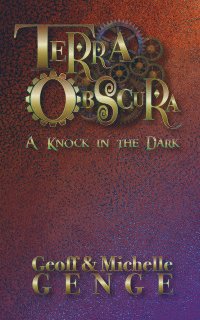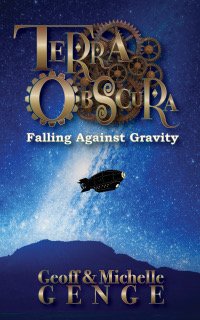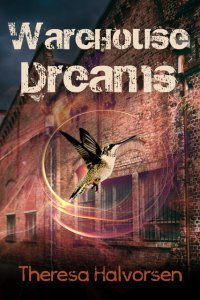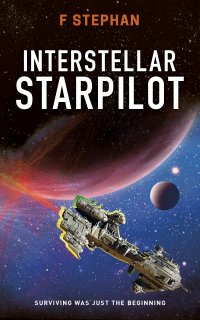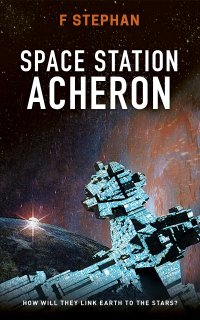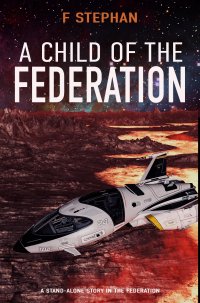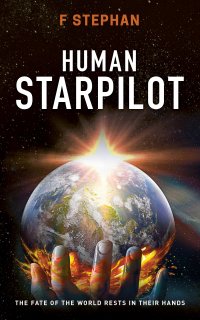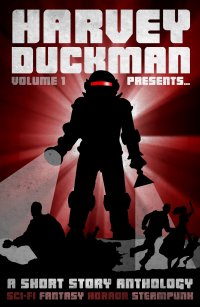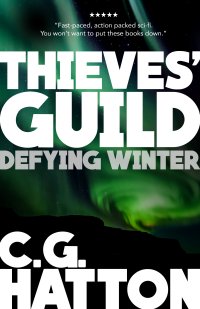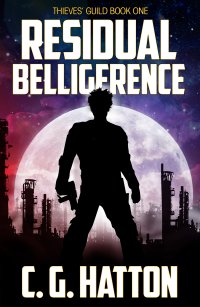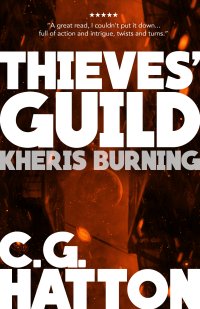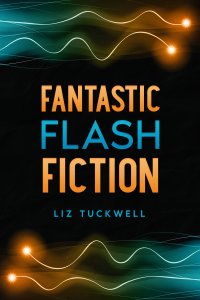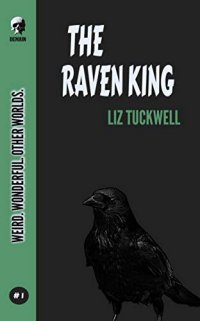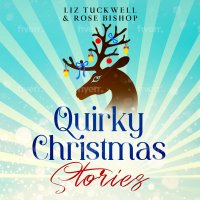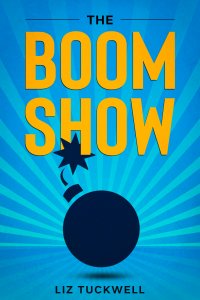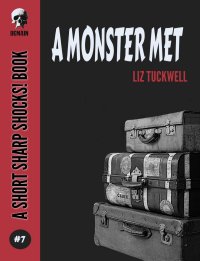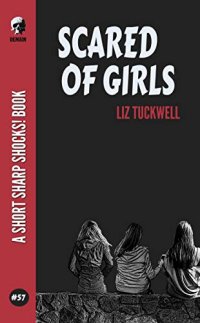My first rumination can be found at Ruminations Part I – “Your eyes are completely healed”
My second at Ruminations Part 2 – Numbers lead to informed decisions
Rumination Part 3-1 is Ruminations Part 3 – Sensitivity Readers, Part 1
Rumination Part 3-2 is Ruminations Part 3 – Sensitivity Readers, Part 2
Now, once you have decided these things, don’t stop and explain them to the reader. Simply develop a feel for the character’s outlook, and try to write from that outlook. To learn how to do this, read books produced by other cultures and eras, not just fiction, but also biographies, travelogues, history, letters: everything from the Venerable Bede to Pliny the Younger to Ben Franklin’s Autobiography to the sayings of Chuang Tzu to Xenophon’s Anabasis. Observe the details. What does the author take for granted? What is familiar to him and what is strange? How does he perceived himself? From this you may learn something about creating characters who are not yourself. Every professional writer must do this. – from On Writing Science Fiction: The Editors Strike Back
I took a four-week “writing the other” class led by two sensitivity readers a while back. It was about how to properly craft a character with a background with whom the author is unfamiliar.
What became obvious is the instructors were, in my opinion, unqualified. They had no anthro, linguistic, socio, or related training. It seemed their training came from being of a certain racial/ethnic group.
And because I’m a full-blooded Italian who’s never set foot in Italy, I am, of course, unquestionably qualified to speak for the experiences of all Italians everywhere throughout all time.
It’s a wonderful world, ain’t it?
At this point in history…
A writer including a character with an unfamiliar background and getting published is something which could only happen at this point in history (barring vanity publishing) because only at this point in history are people writing stuff and putting it out there with no to little knowledge of what they’re writing about. That attitude among writers and my experience (so far) of sensitivity readers reminds me of my business days when all you needed to claim expertise was to state you were an expert louder than the person sitting next to you.
Continue reading “Ruminations Part 3 – Sensitivity Readers, Part 3 – I Take a “Writing the Other” class”


